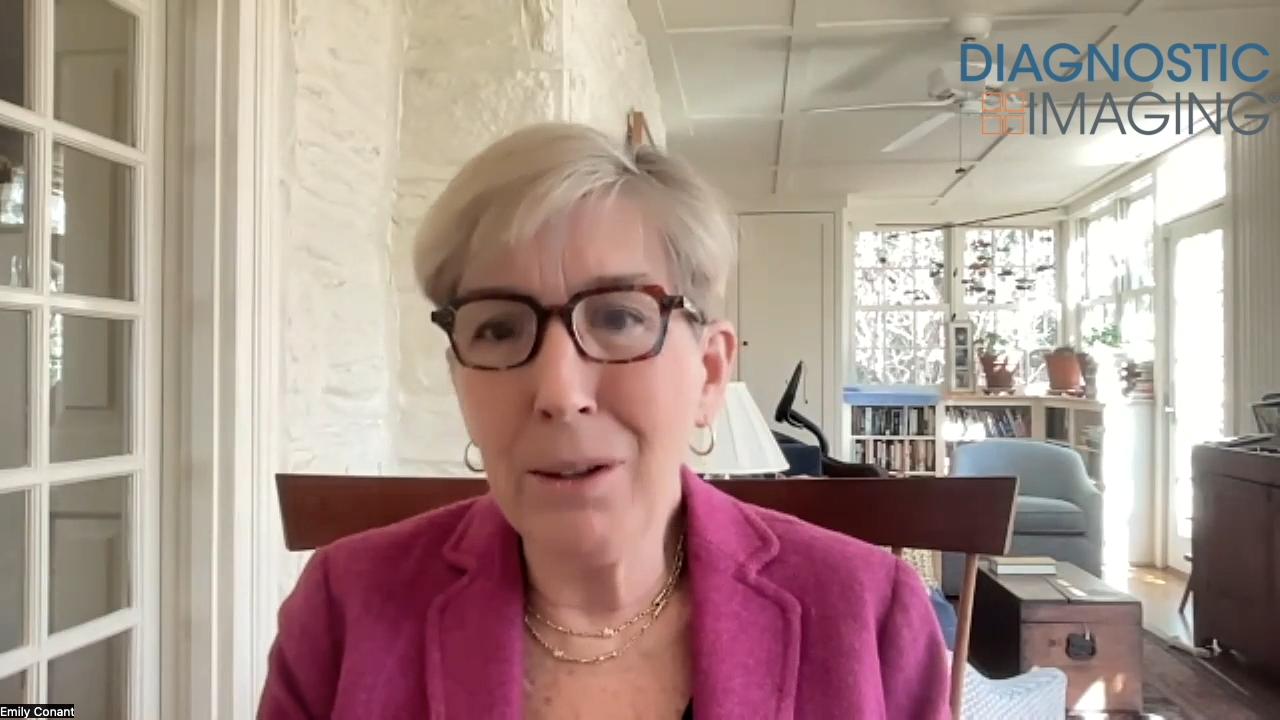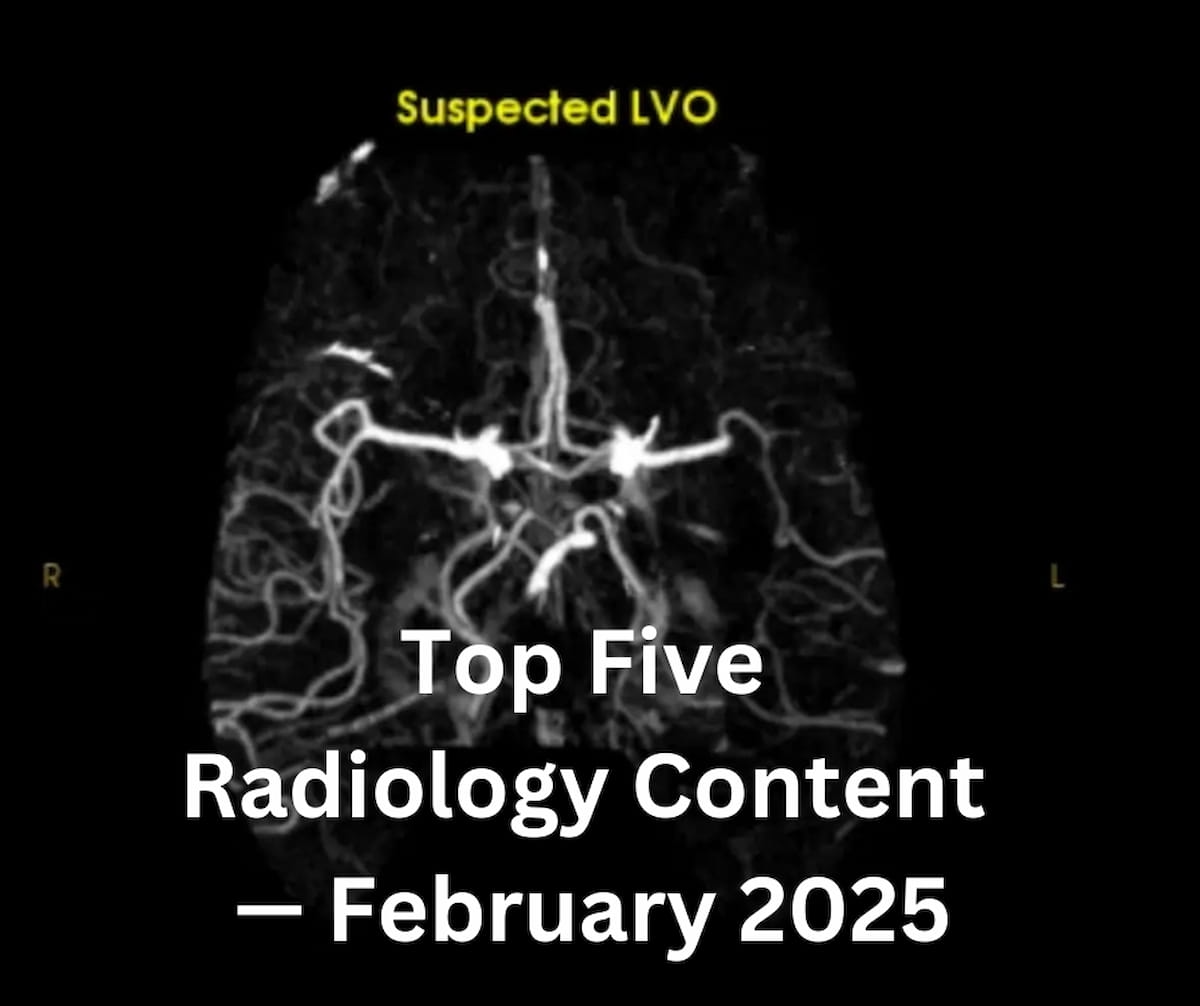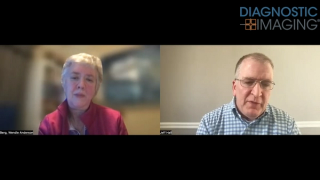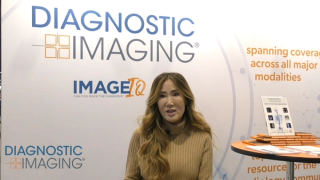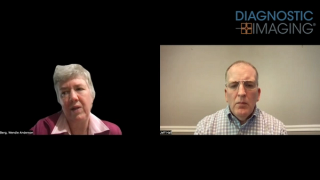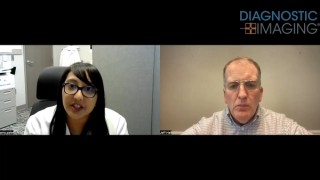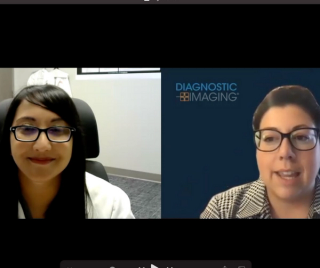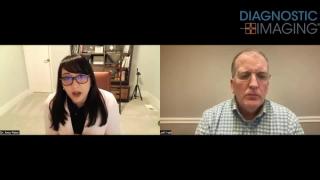
Mammography
Latest News

While recalls initiated by one of two reviewing radiologists after screening mammography were nearly 10 percent higher than recalls initiated by an AI software, the AI-initiated recalls had an 85 percent higher positive predictive value for breast cancer, according to a new study.

Multicenter Mammography Study Shows Greater Than 10 Percent Increase in Breast Cancer Detection with Adjunctive AI

ECR Mammography Study: Pre-Op CEM Detects 34 Percent More Multifocal Masses than Mammography
Latest Videos

CME Content
More News

Catch up on the top AI-related news and research in radiology over the past month.

Catch up on the top radiology content of the past week.
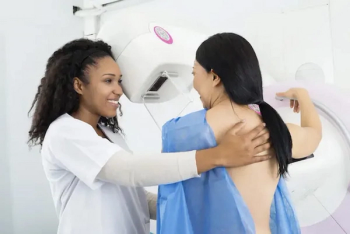
Black, Hispanic, and Asian women were over 25 percent less likely than White women to have same-day follow-up diagnostic service after abnormal findings on screening mammography exams, according to a new study involving over one million patients.
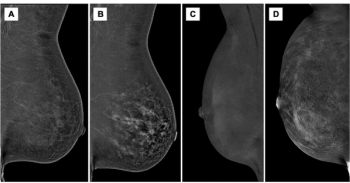
New research shows that premenopausal status, lactation, and hormone replacement therapy (HRT) all lead to higher background parenchymal enhancement grades on contrast-enhanced mammography.

Catch up on the top radiology content of the past week.
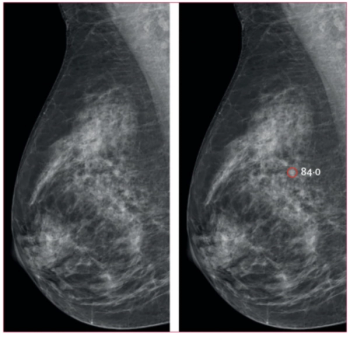
Use of the mammography AI software had a nearly equivalent false positive rate as unassisted radiologist interpretation and resulted in a 44 percent reduction in screen reading workload, according to findings from a randomized controlled trial involving over 105,000 women.
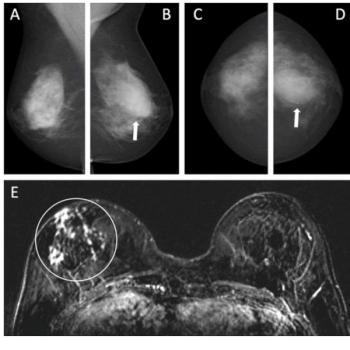
For women with intermediate risk and a personal history of breast cancer, an emerging AI system offered an 81 percent AUC for breast cancer detection, according to new research.

Catch up on the most well-viewed video interviews from Diagnostic Imaging in January 2025.

Catch up on the top AI-related news and research in radiology over the past month.

In a recent interview, Amy Patel, M.D., discussed key points of emphasis for legislative advocacy in radiology, including long-term reform in Medicare reimbursement, improved coverage of breast cancer screening and mitigation of the ongoing radiology workforce shortage.

Catch up on the top radiology content of the past week.
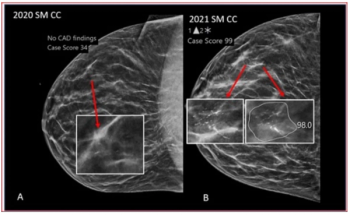
In sequential breast cancer screening with digital breast tomosynthesis (DBT), true positive examinations had more than double the AI case score of true negative examinations and the highest positive AI score changes from previous exams, according to new research.

Catch up on the top radiology content of the past week.
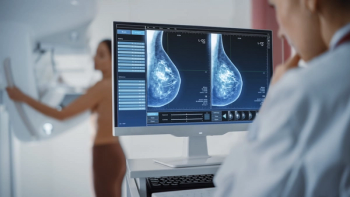
In a study of over 463,000 women who had screening mammography exams, adjunctive AI led to a 17.6 percent higher detection rate for breast cancer and a three percent increase in positive predictive value for recalls.

In a recent interview, Arlene Sussman, M.D., discussed her experience in leading vRad’s teleradiology breast imaging service, how to foster personalized care in breast cancer screening, utilizing AI to help mitigate daunting worklists and improving access to subspecialty care.

Catch up on the top radiology content of the past week.
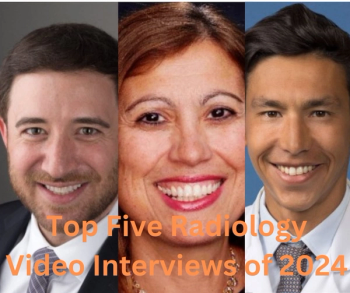
Catch up on the most well-viewed video interviews from Diagnostic Imaging in 2024.
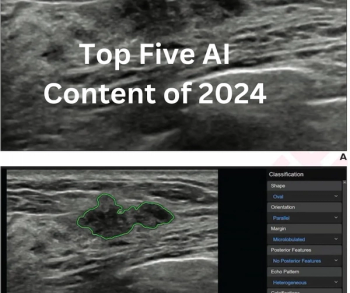
Catch up on the most viewed content on AI in radiology from 2024.
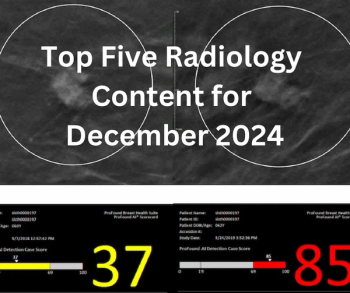
Catch up on the most-well viewed radiology content in December 2024.

Catch up on the top AI-related news and research in radiology over the past month.
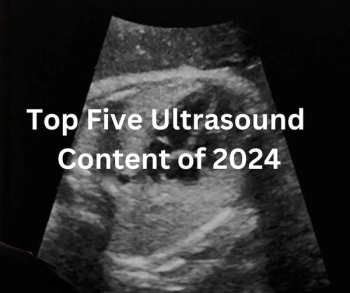
Catch up on the most well-read ultrasound content from 2024.
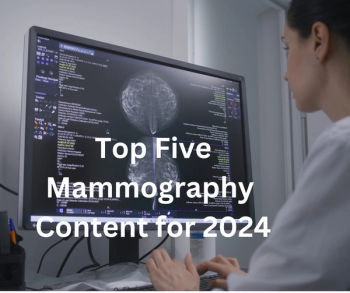
Catch up on the most well-read mammography articles from 2024.

Catch up on the top radiology content of the past week.

Catch up on the top radiology content of the past week.
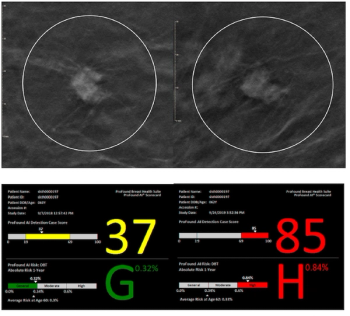
New research suggests that AI-powered assessment of digital breast tomosynthesis (DBT) for short-term breast cancer risk may help address racial disparities with detection and shortcomings of traditional mammography in women with dense breasts.

